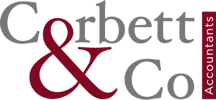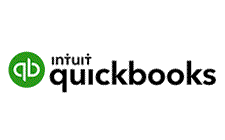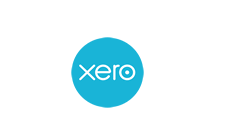Are work-related benefits for disabled persons tax free?
A loyal employee has suffered a disability and needs special equipment to do her job. If she also uses the equipment in her personal life, will it count as a taxable benefit for her?

Equipment for work
We first need to consider the general tax rules where employers provide accommodation (a place to work) and supplies, e.g. equipment or services, to employees. Where it is solely so that they can do their jobs it doesn’t count as a taxable benefit in kind. Conversely, a taxable benefit occurs if accommodation and supplies are provided to employees for their private use, unless an exemption applies.
Work and private use
An important exemption tackles the dilemma created where goods or services are provided to employees for work but there’s also private use. A common example is a computer and software package which is used in the office and at home, and at both locations for work and for private purposes, such as for posting on social media or keeping an eye on the cricket score.
A condition of the exemption prevents abuse. The condition is that the private use is “not significant”. It would, e.g. apply if a director’s company fits out an office at home which is used by the director and their family frequently for personal activity but only rarely for work.
In practice, HMRC interprets “not significant” private use generously. Where the motive for providing goods or services is clearly so that an employee can do their job, it won’t question the amount of private use unless there’s evidence that the exemption is being abused.
Significant private use
A benefit would fall foul of the “not significant” condition if an employer provided goods or services for a disabled employee such as a hearing aid, wheelchair, text-to-audio software, etc. Naturally, they are likely to use these for private purposes for “significant” periods and purposes. The good news is that HMRC has created a specific exemption for this situation. But, of course, there are more conditions. They are:
- The benefit is provided to a disabled employee.
- Its main purpose is to enable the employee to do their job.
- It’s a hearing aid or other equipment, services or facilities.
- It’s provided under the terms of statutory rules relating to equality for disabled persons in the workplace whether or not the employer has a legal duty to provide the benefit.
- It’s made available to the employer’s employees generally on similar terms.
Condition 5 can prevent owner managers using their company to gain a tax advantage solely for themselves.
This would not, in our view, apply to owner managers of one-person companies. If they are disabled they could use company funds to, say, provide a hearing or sight aid as a tax and NI-free benefit. What’s more, their company will be entitled to a corporation tax deduction for the cost of providing it.
Related Topics
-
MTD glitch risks confusion over 2025/26 payments on account
Some taxpayers testing Making Tax Digital for Income Tax (MTD IT) are seeing confusing and incomplete payment information because their data is split between HMRC’s digital and self assessment systems. What’s happened?
-
Directors’ fees - can you escape PAYE?
You’ve been asked to join the board of a company in a purely advisory role. For tax and NI efficiency you want your fees to be paid to your own company. Does this arrangement fall foul of HMRC’s off-payroll rules?
-
MONTHLY FOCUS: AUTO-ENROLMENT - EMPLOYERS' RESPONSIBILITIES
What are an employer's responsibilities with regard to pension schemes and their employees?






 This website uses both its own and third-party cookies to analyze our services and navigation on our website in order to improve its contents (analytical purposes: measure visits and sources of web traffic). The legal basis is the consent of the user, except in the case of basic cookies, which are essential to navigate this website.
This website uses both its own and third-party cookies to analyze our services and navigation on our website in order to improve its contents (analytical purposes: measure visits and sources of web traffic). The legal basis is the consent of the user, except in the case of basic cookies, which are essential to navigate this website.